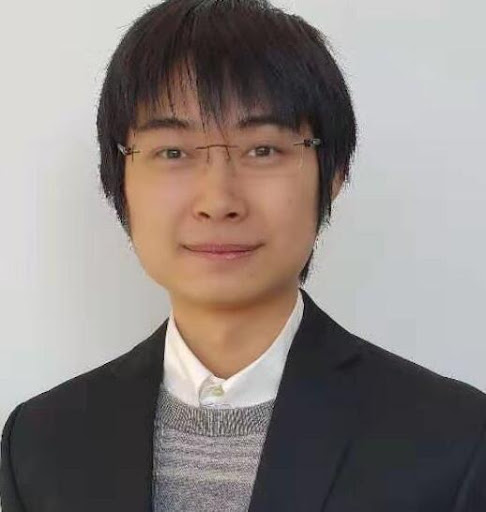This Q&A highlight features Baicheng Chen, a Finalist in the 2021 CRA Outstanding Undergraduate Researchers award program. Baicheng graduated from the University at Buffalo in May 2021. He is now pursuing a Ph.D. at the University of California San Diego. This interview has been edited for length and clarity.
How did you become involved in doing research?
I enjoyed developing computing skills through extracurricular activities during high school, so I was eager for extracurricular projects in my freshman year. I was especially interested in the potential social impact programming could have in health-related projects, so I reached out to faculty members doing that kind of work. I received career-path advice from Dr. David Wack, who helped me prepare for health-related research by suggesting I take courses on medical device development and government regulation procedures. At the same time, Dr. Wenyao Xu invited me onto a Smart Health project, SpecEye, leveraging my skills with programming and microprocessors.
Can you describe how you’ve explored your own research interests through undergraduate research?
In that initial project, SpecEye, I had my first opportunity to explore health-related computing research. I gained experience going through the research process, and while working on SpecEye, I showed additional interest in wireless sensing systems. I proposed an idea to use millimeter wave spectrum (mmWave) sensing to sense temperature. This proposal led to a paid research internship to work on the project, which we called ThermoWave and published in 2020. The materials in the wireless sensor we produced are both environmentally friendly and about a hundredth of the cost of current sensors.
What have been some of your favorite aspects of research?
I enjoy learning new topics and integrating different ideas to present new views. One of my favorite aspects of research is feeling that I have the potential to improve upon previous work. In research, you can bring in whatever you’re skilled with—psychology, art, anything—and it’s possible to come up with something that’s totally amazing and useful. And it’s not like it will take 20 years; you could have something great in two years!
What challenges did you encounter when first getting started in research?
Although my background matched the project I was doing, research still presented challenges. Before getting started in research, I simply accepted the way software and hardware systems work. I didn’t think about how and why systems were designed in a particular way. Research required me to understand the past literature and the state-of-the-art. Trying to comprehend every detail in a paper can be challenging. Most work relies on layers of previous assumptions and existing work, and it can be frustrating when the majority of a paragraph is incomprehensible. Fortunately, my advisors were patient and willing to explain the important parts and let me take time to understand the rest.
Beyond technical skills, what attributes have helped you succeed in research?
Being open-minded is a huge plus; this makes me more willing and active in learning about others’ cultures and identities—and a better researcher. For example, in my freshman year, I tended to apply existing software toolkits to any problem I faced. However, being open to observing how more senior researchers tackle problems helped me understand how, in some situations, building a system from the ground up can result in more effective solutions. I believe having an open mind has helped me better accept others’ views and improved my problem-solving.
How has participating in research shaped your professional path?
Participating in research ultimately shifted my career plan from becoming a software engineer to becoming a Ph.D. student. I’m enjoying my research career so far and intend to pursue a research career in universities.
Do you have any advice for undergraduate students wondering if research is right for them?
If you haven’t been involved with research before, consider participating in an existing project, or exploring an idea on your own. If you are not sure if research is for you, engaging in research is the best way to find out. Also, for those students who have had a negative experience in research, think twice before staying away: maybe there was a mismatch between your background and the project (e.g., mentoring, lab resources, project direction). There is always more than one option when it comes to research.
— Edited by Nadia Ady
